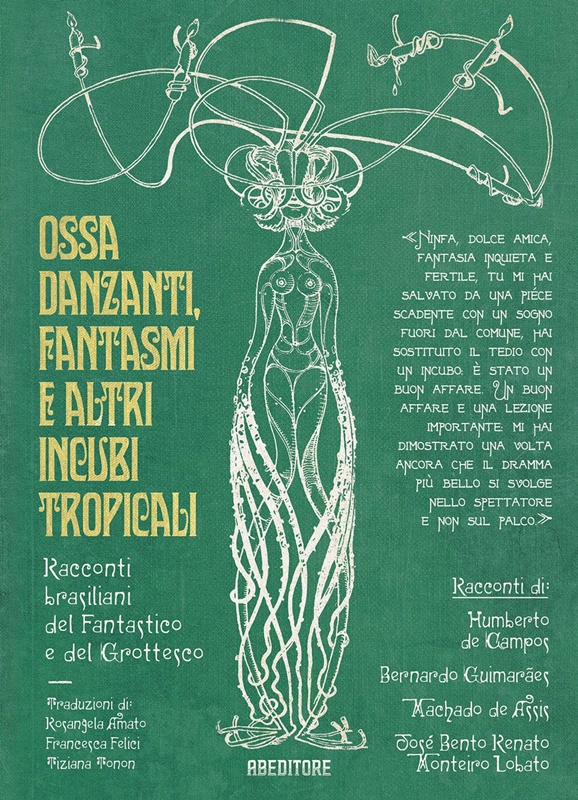
Authors



Joaquim Maria Machado de Assis, often known as Machado de Assis, Machado, or Bruxo do Cosme Velho, (June 21, 1839, Rio de Janeiro—September 29, 1908, Rio de Janeiro) was a Brazilian novelist, poet, playwright and short story writer. He is widely regarded as the most important writer of Brazilian literature. However, he did not gain widespread popularity outside Brazil in his own lifetime. Machado's works had a great influence on Brazilian literary schools of the late 19th century and 20th century. José Saramago, Carlos Fuentes, Susan Sontag and Harold Bloom are among his admirers and Bloom calls him "the supreme black literary artist to date."

Bernardo Joaquim da Silva Guimarães was born in the city of Ouro Preto, in Minas Gerais, to João Joaquim da Silva Guimarães (a poet) and Constança Beatriz de Oliveira Guimarães. He graduated himself at the Faculdade de Direito da Universidade de São Paulo in 1847, where he befriended the poets Álvares de Azevedo and Aureliano Lessa. With those and others, he founded the "Sociedade Epicureia" ("Epicurean Society") in the same year, and also planned with them an unsuccessful collection of poetry called As Três Liras (in English: The Three Lyres). In 1852, he became a judge in the city of Catalão, Goiás, a post he held until 1854. He moved to Rio de Janeiro in 1858, and, in the following year, worked as a literary critic in the newspaper Atualidade. He returned to his duty of judge of Catalão in 1861, but returns once again to Rio de Janeiro in 1864. In 1866, he became teacher of Rhetoric and Poetics in Ouro Preto. He got married in 1867. In 1873, he became teacher of Latin and French in the city of Queluz, in Minas Gerais. He is honored by the Brazilian monarch Pedro II in 1881. Bernardo died poor, in Ouro Preto, in 1884.